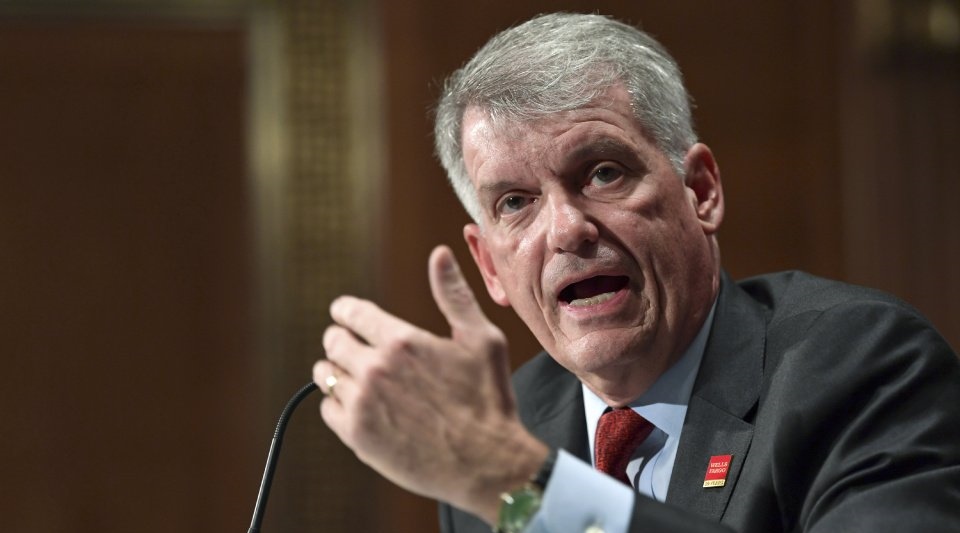Wells Fargo CEO in trouble
October 4, 2017 | Expert Insights

Top Democrat, Senator Elizabeth Warren has called on the CEO of Wells Fargo, Tim Sloan to be fired.
The bank is mired in controversy over the creation of millions of fake accounts.
Background
Wells Fargo is an American international banking and financial services holding company. The company was founded in 1852 by William Fargo and Henry Wells. It is headquartered in San Francisco and has around 2,69,100 employees worldwide. It is one of the biggest banks in the world based on assets. In May 2017, Forbes placed the company’s value at $274.4 billion. In December 2015, it had 13,000 ATM units and 8,700 retail branches. It operates in 35 countries and has 70 million customers across the globe.
The bank is currently mired in deep controversy. In September 2016, it was revealed that Wells Fargo had been fined $185 million by the Consumer Financial Protection Bureau. The bank had opened millions of fraudulent savings and checking accounts on behalf of its clients without their consent. The company has fired 5,300 employees in relation to the illegal activity. Part of the reason why employees had resorted to such illicit activities was reportedly due to pressure placed on them to meet sales quotas. Sabrina Bertrand, who worked as a licensed personal banker for Wells Fargo in Houston in 2013, told CNNMoney, “I had managers in my face yelling at me. They wanted you to open up dual checking accounts for people that couldn't even manage their original checking account.”
In 2017, the company admitted that it had found up to 3.5 million potentially fake bank and credit card accounts. This is 1.4 million more than it was earlier thought to be.
Analysis
Tim Sloan, the current Chief Executive Officer, was appointed in October 2016 when the scandal first broke out. He has been with Wells Fargo since 1987 and has previously served as Chief Operating Officer (COO) and President. In September 2017, he apologized to the customers noting, “We apologize to everyone who was harmed by unacceptable sales practices that occurred in our retail bank. To rebuild trust and to build a better Wells Fargo, our first priority is to make things right for our customers, and the completion of this expanded third-party analysis is an important milestone.”
Sloan appeared in front of a hearing of the Senate Banking Committee. During the hearing, he was pressed by on how the bank allowed the sales scandal to escalate so much. He said that the company was working hard to ensure that it would rebuild the trust of the customers.
However, Senator Elizabeth Warren, a Democrat, noted that he should be fired for having been in a leadership position at the bank for many years. She said, “At best you were incompetent, at worst you were complicit. Either way, you should be fired." She added, “Wells Fargo needs to start over, and that won't happen until the bank rids itself of people like you who led it into this crisis.”
Sloan defended himself stating, “I don't believe your criticisms of the board are accurate," he later said. "I think the reason I am the right person to run this company today, notwithstanding your criticisms, is because I have been making change at this company for 30 years.”
The company had earlier announced that it will pay customers an amount of $6.1 million as refund for the unauthorized bank and credit card accounts. It has already agreed to a $142 million national class action settlement with regards to fake accounts that were opened in 2002.
Assessment
Our assessment is that the public’s trust in the leadership of Wells Fargo is likely broken. Sloan, someone who has been in the company for over 30 years, embodies the corporate culture that resulted in the scandal. We believe that perhaps Senator Warren is correct in noting that structures within the company should be re-hauled. Additionally, there is also a fear on whether public’s trust in financial systems are broken as well. It was recently revealed that a security breach at Equifax compromised the private information of 145.5 million customers.








Comments